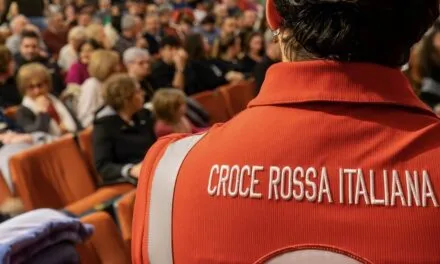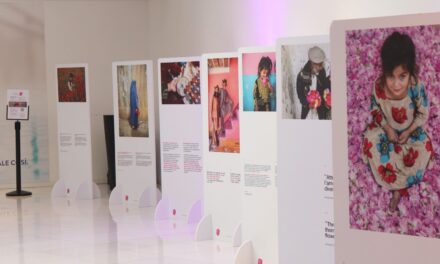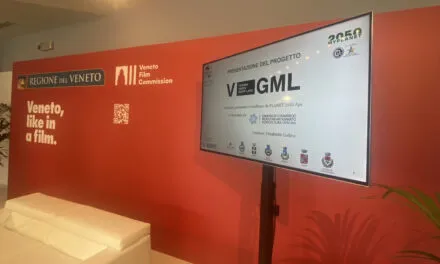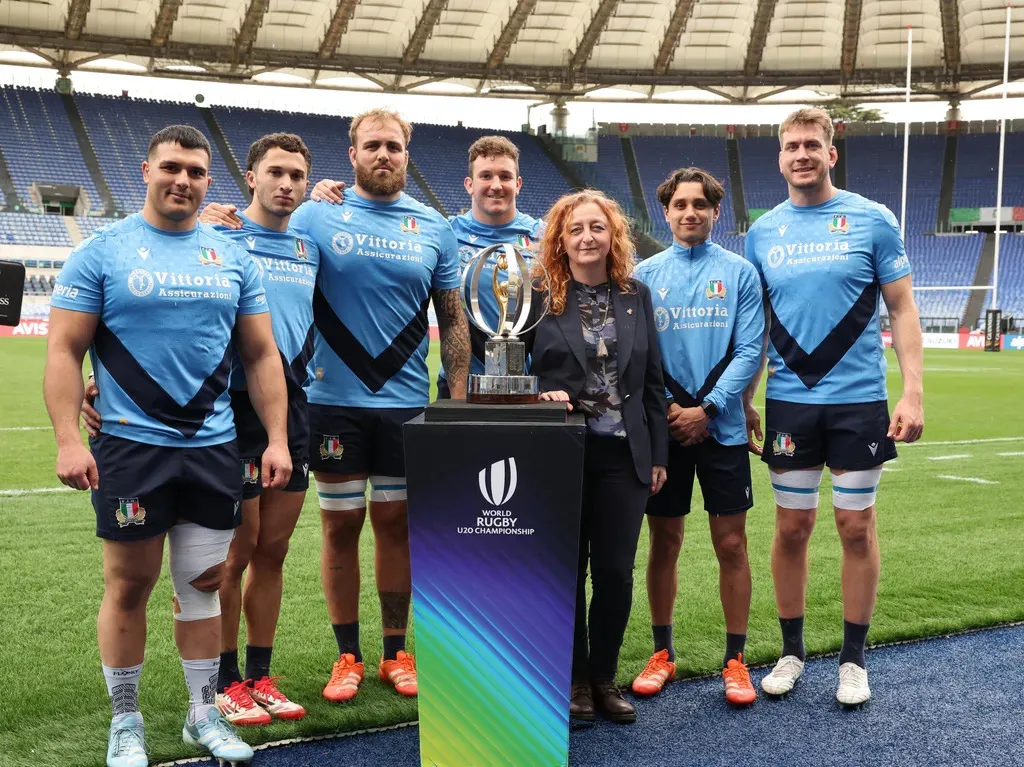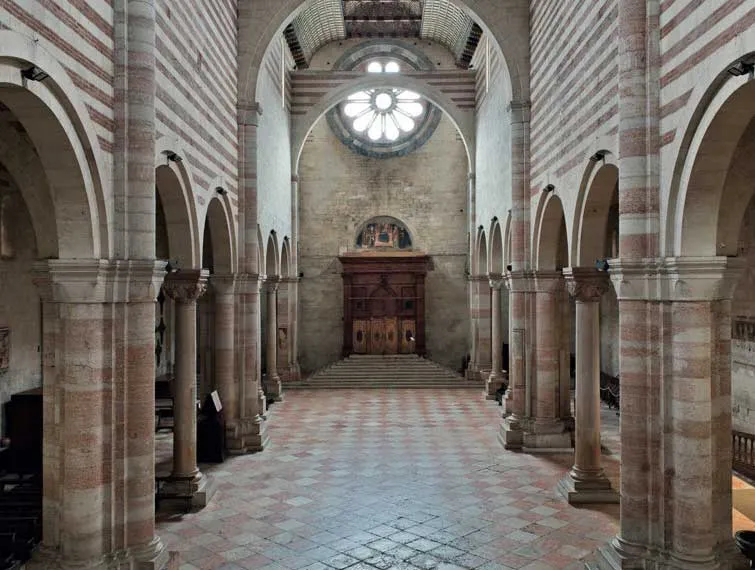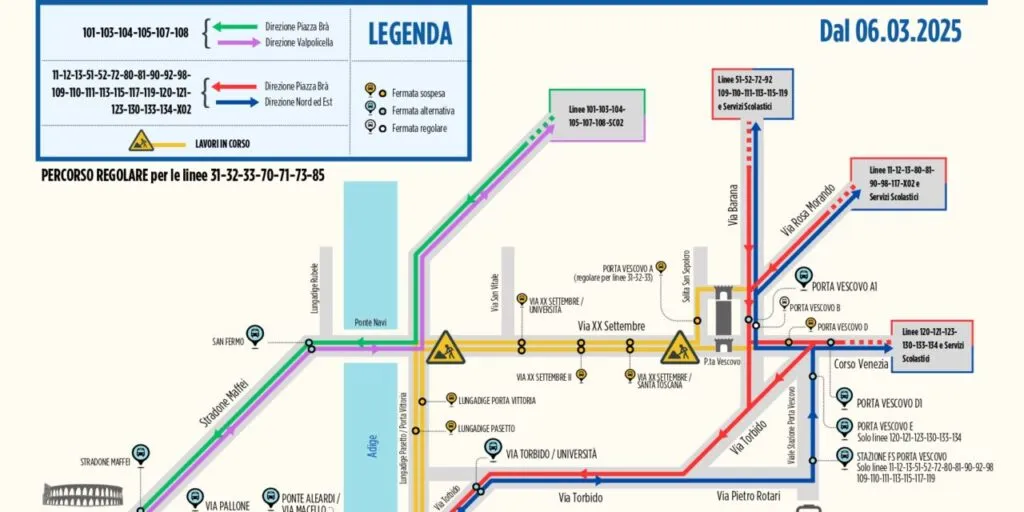Goal achieved. The Lunatikes managed to raise approximately 3,000 euros during the Resia Rosolina Relay race, surpassing their original fundraising target of 2,500 euros for the Casa della Giovane, a youth shelter for women experiencing domestic violence or financial difficulties. The International Catholic Association for the Service of Young People‘s Verona committee has already received all of the money.
The funds received will be used for “psychological support,” one of the Casa della Giovane’s initiatives aimed at women who have experienced domestic violence as well as those who find themselves in a housing emergency without a friend or family network to turn to for assistance. According to the project’s developer, psychologist Alice Bortolameazzi, “the woman must have an opportunity to get out of a situation of violence. We strive to make shelter women feel welcomed and comfortable, which is frequently an emotion they experience for the first time”.
In fact, the state actually provides 55 to 60 percent of the funding for the association’s initiatives, with the remaining funds coming from donations or volunteer labor. Thus, the Lunatike program will help as many women as possible receive support throughout their journey to independence.
But how does the psychological support project work in practice?
“When a woman arrives here, the first thing we do is focus on her psychological health. They are initially worn out, so they need to rest and decompress, says Bortolameazzi. Then, I focus on developing self-esteem and latent resources to work on liberality and individuality. We meet once a week, and perhaps twice, but we still live in the house and work all day. The objective is for them to rediscover their sense of freedom, which for so many people is a fundamental right but is not for them. Therefore, they require a sense of support and hearing. “
“One of our strengths is our teamwork,” adds Marta De Felice, director of the Casa della Giovane, “a multidisciplinary team where everyone has their own point of view because after fostering psychological well-being, as far as women with economic difficulties are concerned, we work on job search and then on housing autonomy. This involves determining the best type of employment for each woman, developing a CV, or even going with them to interviews. We assist women in becoming independent by working with social professionals and organizations that we have encountered throughout the years.”
The child aspect is another factor to consider. The psychologist also works on fostering the mother-child bond by offering support and guidance on common issues. One of these is integration in the educational setting. “Teachers play a fundamental role,” Dr. Bortolameazzi continues. “Not only do they frequently alert us to children and young people who may be in difficult circumstances, but we also collaborate with them to care for those who are already living in the house. This enables us to complement the projects with programs like language lessons and homework assistance.”
Not an isolated project, then, but a starting point to bring “Lunatike” strength to as many women as possible.
For the Youth Home’s visitors, the Lunatikas additionally proposed a running-focused sports project. “We believe in it; we believe in the power of running and sports, and we feel that even the tiniest projects have the potential to make a difference. We enjoy jogging because it helps us become more conscious of our bodies and ourselves.”
“Many people were shocked that we accomplished everything ourselves during the Resia-Rosolina. Do you not have “the guy” to drive the vehicle? They questioned us. Or “the guy” to follow you while you’re running at night? The answer is no; we did not have “the guy.” We assisted one another, drove the van, and ran with others who preferred not to ride their bikes alone at night. We want to make women understand that they don’t need ‘the guy’ but can rely on their own strength.”
In fact, the Lunatikes run at night to feel free and to challenge the prejudices that persist in the present. The same present is still plagued by injustices, such as the one that requires women who have been the victims of violence to leave their homes, while the offenders are free to dwell wherever they like waiting for the next victim to attack. Women of the Youth Home fight these injustices every day, aided by the many volunteers who handle necessary tasks like caring for the kids while the women are at work, helping with hard labor like painting, and gathering food supplies to distribute.



